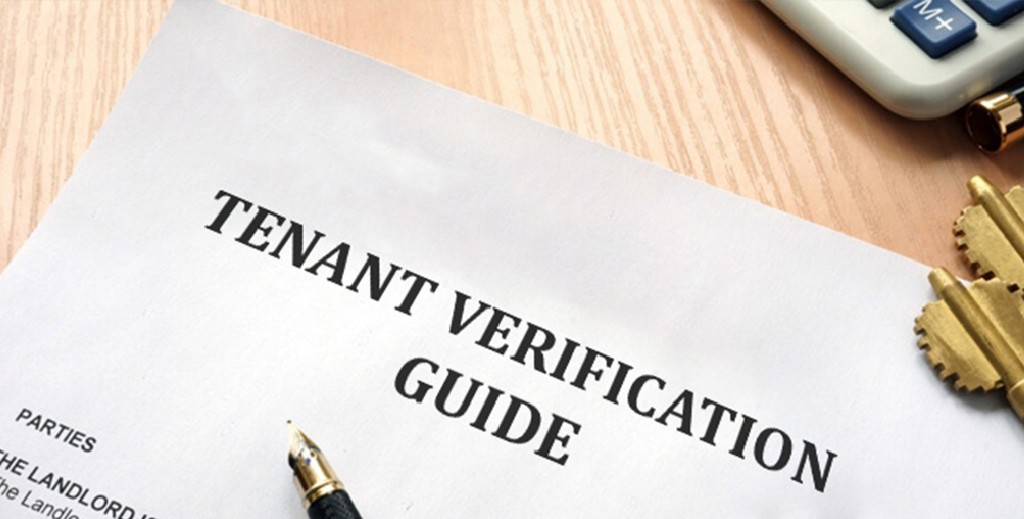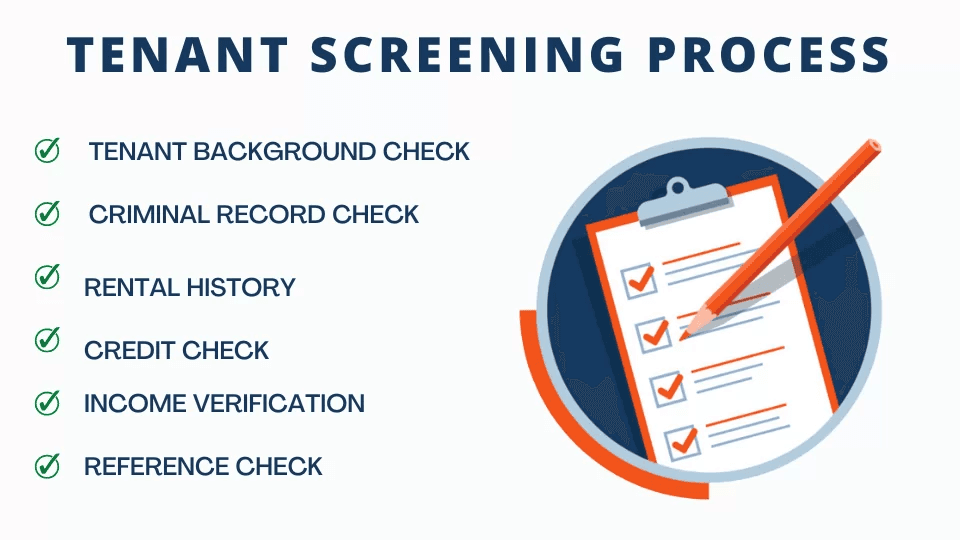Avoiding Common Rental Risks: How Thorough Tenant
Mar 15, 2022
Introduction
Renting out property can be profitable, but it also comes with risks. Without proper tenant screening, landlords can face challenges like unpaid rent, property damage, or even legal issues. This blog explores the common risks in renting and how tenant verification can mitigate them.
Common Rental Risks and How Tenant Verification Helps
Late or Unpaid Rent
Risk: Financial loss from missed rent payments affects cash flow and property maintenance budgets.
Solution: Tenant verification, especially credit checks, highlights any red flags in the tenant’s payment history. This allows landlords to select tenants with a track record of timely payments.Property Damage
Risk: Unreliable tenants can damage property, resulting in costly repairs.
Solution: Reference checks with previous landlords offer insights into a tenant’s property care and reliability, helping landlords avoid those with a history of damage or negligence.Unlawful or Illegal Activities
Risk: Engaging with tenants involved in illegal activities can lead to legal complications and affect property value.
Solution: Criminal background checks and, where available, police verification help landlords screen out tenants with a criminal history, providing added security.Unauthorized Subletting
Risk: Tenants who sublet without permission can cause occupancy and security issues.
Solution: Address verification and regular screening prevent unauthorized occupants from staying, maintaining control over tenant behavior.Eviction Challenges
Risk: Problematic tenants may refuse to leave at lease end, leading to legal battles and loss of income.
Solution: Detailed tenant screening, including civil checks, helps landlords identify tenants with a history of legal disputes, reducing the likelihood of future evictions.
Conclusion
Tenant verification is a crucial part of risk management in renting out property. With RentSafe’s thorough verification options, landlords can confidently minimize rental risks and protect their investments.


